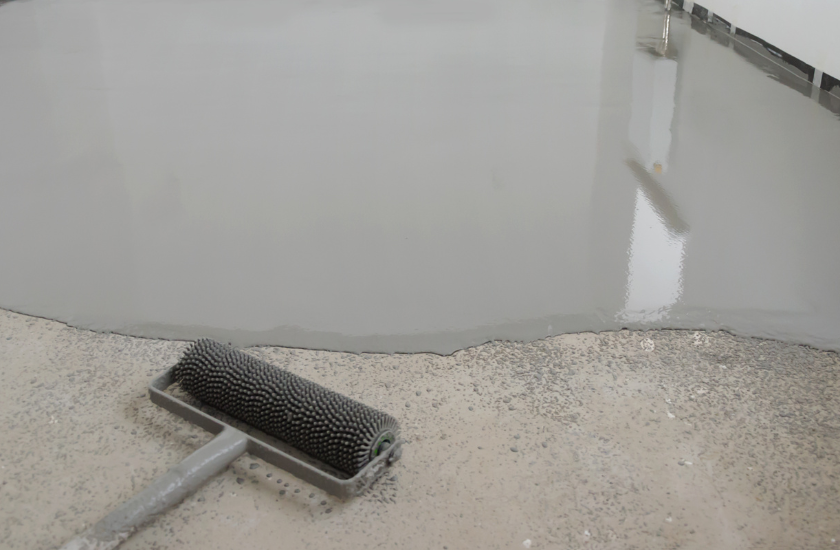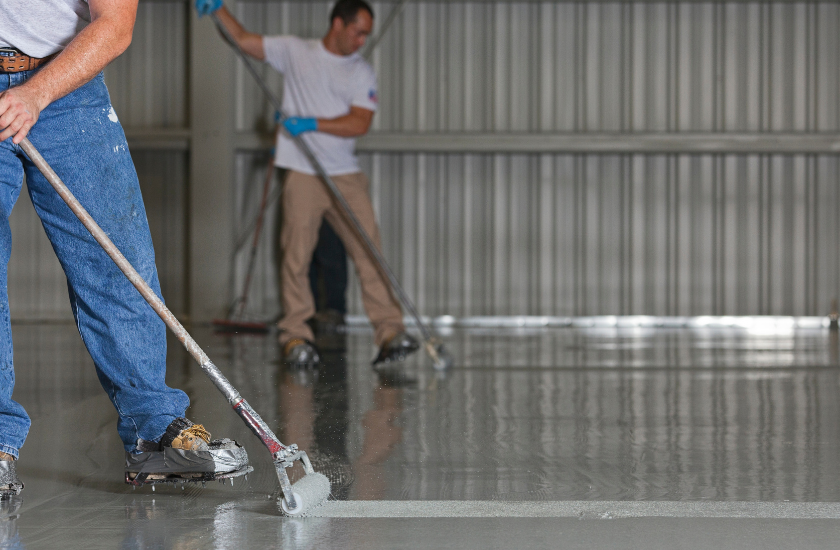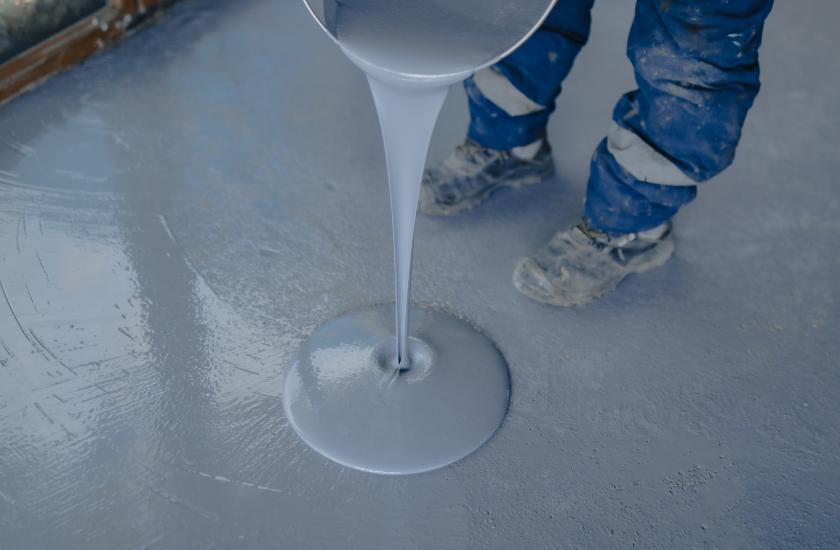
What Is Epoxy Flooring – Everything You Need To Know
Let’s talk about a surface that works as hard as you do. If your garage floor looks like it’s seen one too many oil spills or DIY disasters, it might be time to consider an upgrade. That’s where epoxy flooring comes in. But what is epoxy flooring, exactly – and is it really worth the hype?
Whether you’re curious about its chemical makeup or wondering if it’s the right fit for your home, this guide has you covered. From epoxy garage floors to the many epoxy flooring benefits, we’re breaking it all down in a way that’s simple, informative, and just a little witty – because floors can be fun, too.
What Is Epoxy Flooring Made Of?
Let’s get nerdy (just for a second). Epoxy flooring is made from a combination of resin and hardener. When these two elements mix, they form a chemical bond with each other and the concrete below creating a tough, glossy surface that’s both beautiful and built to last.
Think of it like a super-strong glue with a shiny finish. Once cured, epoxy forms a protective layer that stands up to moisture, stains, abrasions, and even the weight of your car or workshop tools.

Should I Install An Epoxy Garage Floor?
In a word: maybe – but here’s what to consider.
Epoxy garage floors are a popular choice for homeowners who want to turn their dusty, cracked garage into a clean, professional-looking space. It’s not just about looks (although we won’t lie – those sleek finishes are chef’s kiss). Epoxy flooring creates a sealed, non-porous surface that resists oil, dirt, and grime.
Perfect if:
- You use your garage for more than just parking.
- You want easier clean-up after projects or spills.
- You’re tired of dodging cracks and concrete dust.
However, epoxy does have its quirks. It’s not a fan of extreme temperature changes and can take a while to cure. But if you’re after a budget-friendly, attractive, and practical solution, epoxy deserves serious consideration.
Key Epoxy Flooring Benefits
Here’s why epoxy flooring is more than just a pretty surface:
Durability That Lasts
Epoxy can handle heavy vehicles, dropped tools, and high foot traffic without breaking a sweat—or a tile.
Chemical & Stain Resistant
Say goodbye to stubborn oil stains and hello to easy wipe-downs. Epoxy’s smooth finish makes cleaning a breeze.
Cost-Effective
Compared to full floor replacements or fancy tile work, epoxy offers a solid return on investment.
Customizable Looks
From high-gloss finishes to metallic effects and color flakes, you can personalize your floor to match your style (or your car, if that’s your thing).
Dust & Moisture Control
Epoxy seals your floor, which means no more concrete dust floating around and less moisture seepage. Win-win.

How To Install Epoxy Flooring At Home
Thinking of going the DIY route? Here’s a high-level look at what’s involved:
Prep the Surface
Clean, degrease, and repair the concrete. A smooth, dry surface is crucial.
Etch the Concrete
This gives the epoxy something to grip onto. You can use a concrete etching solution or grinder.
Apply the Primer Coat
This layer helps the epoxy adhere and adds extra protection.
Mix & Apply Epoxy
Combine the resin and hardener, then roll it on quickly (this stuff cures fast!). You may want to add decorative flakes at this stage.
Apply Topcoat
Finish with a clear sealant to protect your new floor and give it that signature shine.
Feeling handy? Go for it. But many homeowners opt for a professional install to avoid hiccups like uneven coats or premature curing.
Final Thoughts On Epoxy Flooring
So, what is epoxy flooring? It’s a smart, stylish, and surprisingly budget-friendly way to revamp your garage or workspace. With durability, resistance, and aesthetic appeal rolled into one, epoxy proves that a floor can be more than just something to walk on – it can be part of the home you’re proud of.
Whether you’re planning a full garage makeover or just tired of concrete dust, epoxy flooring might just be your next big upgrade.



